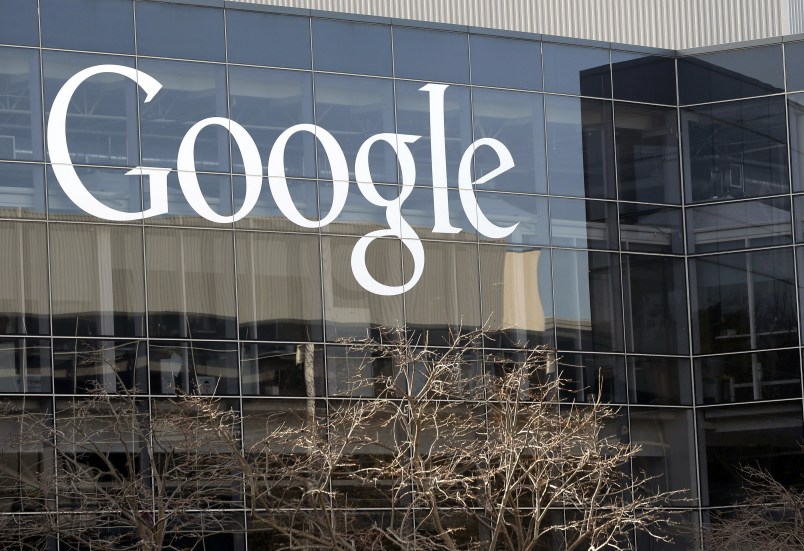Google has discovered that Russian operatives spent “tens of thousands of dollars” on advertising associated with its products and services, the Washington Post reported on Sunday.
The Washington Post reported, citing unnamed sources familiar with Google’s internal investigation, that the operatives who bought the ads “aimed to spread disinformation across Google’s many products, which include YouTube, as well as advertising associated with Google search, Gmail, and the company’s DoubleClick ad network.”
Those sources told the Washington Post that the ads Google is looking at “cost less than $100,000” and that the company is still working to distinguish whether all of the ads were bought by operatives or if some came from legitimate accounts.
According to the report, the ads purchased on Google appear to be from a different source than the 3,000 ads purchased on Facebook by a Kremlin-linked “troll farm.”
The company discovered the ads by downloading historical data from Twitter, according to the Washington Post, and using it “to link Russian Twitter accounts to other accounts that had used Google’s services to buy ads.”
Google told the Washington Post in September that it had “seen no evidence this type of ad campaign was run on our platforms.”
The company declined to comment to the Washington Post in October. In a statement to CNN, however, Google spokesperson Andrea Faville said the company is “taking a deeper look to investigate attempts to abuse our systems” and will “provide assistance to ongoing inquiries.”







